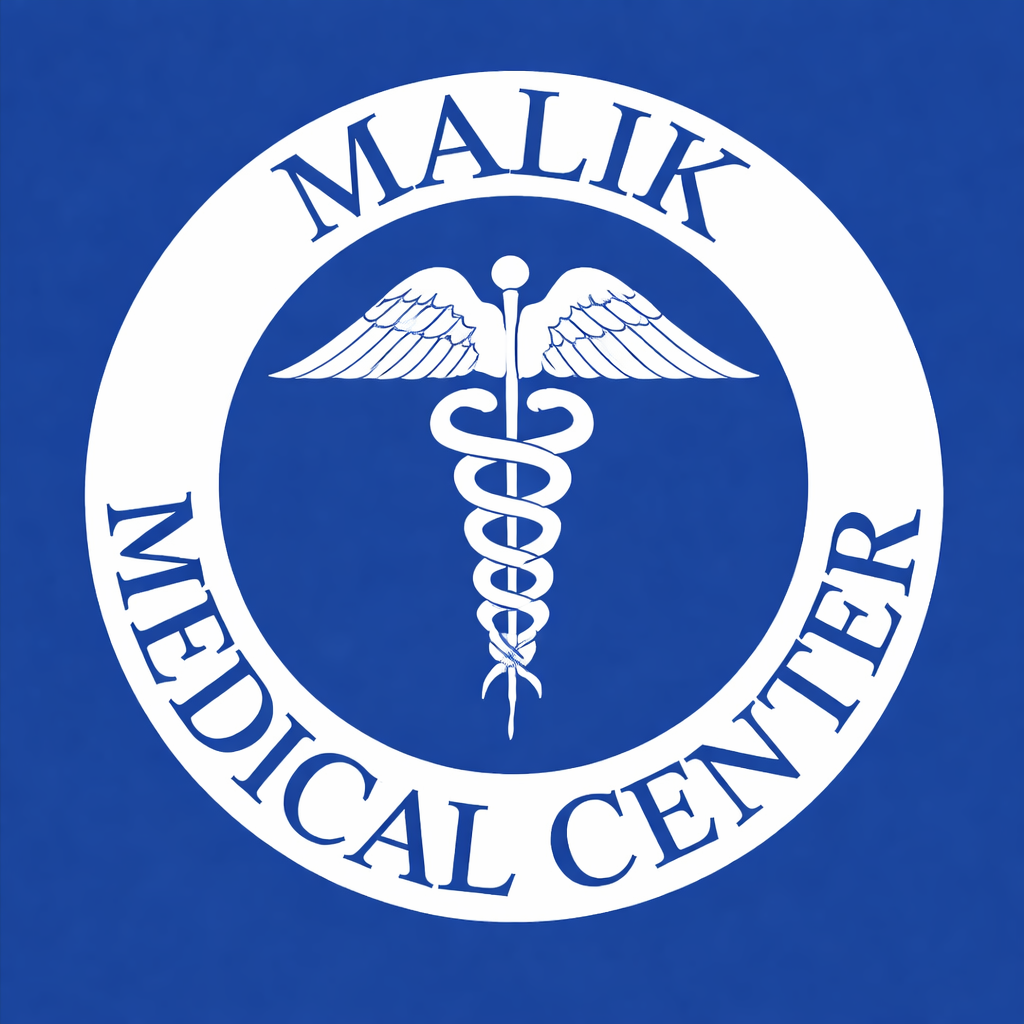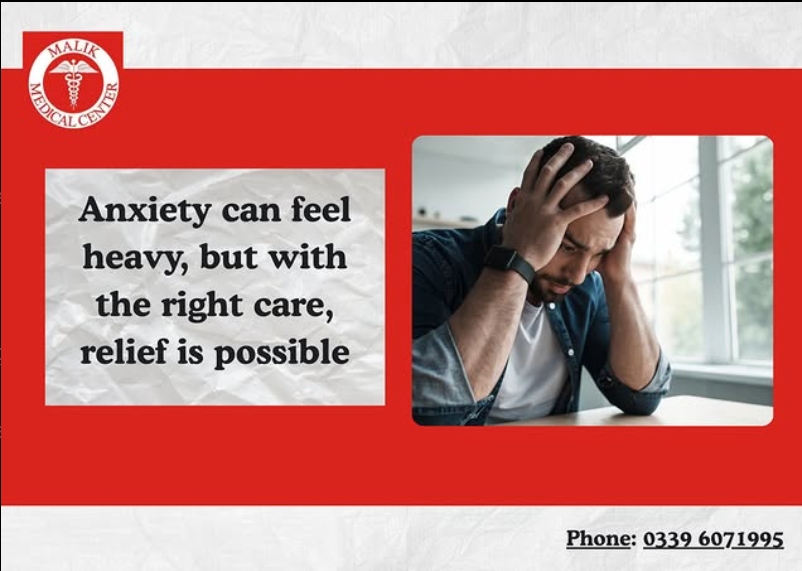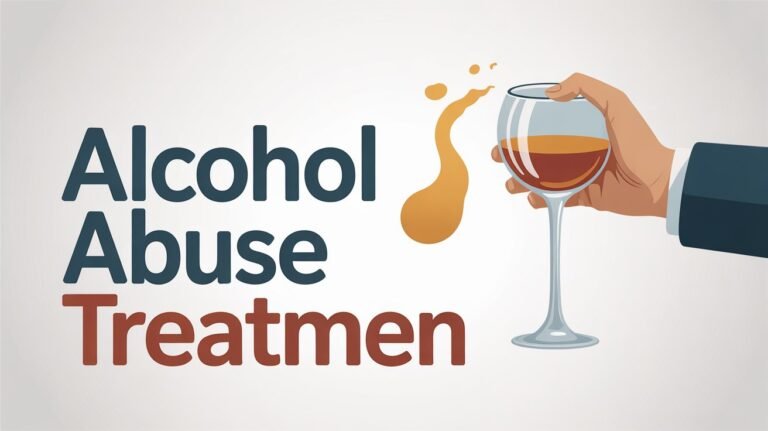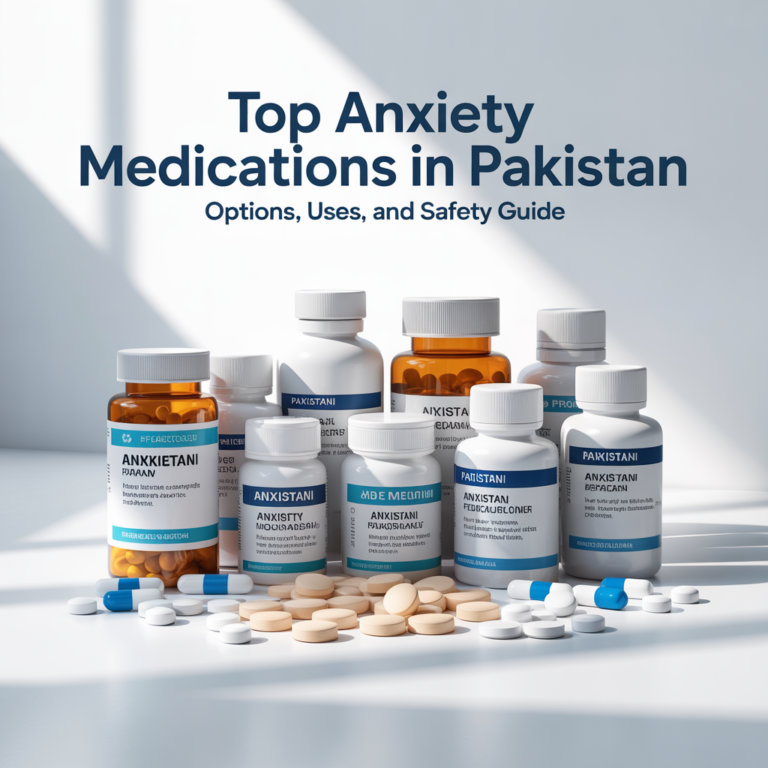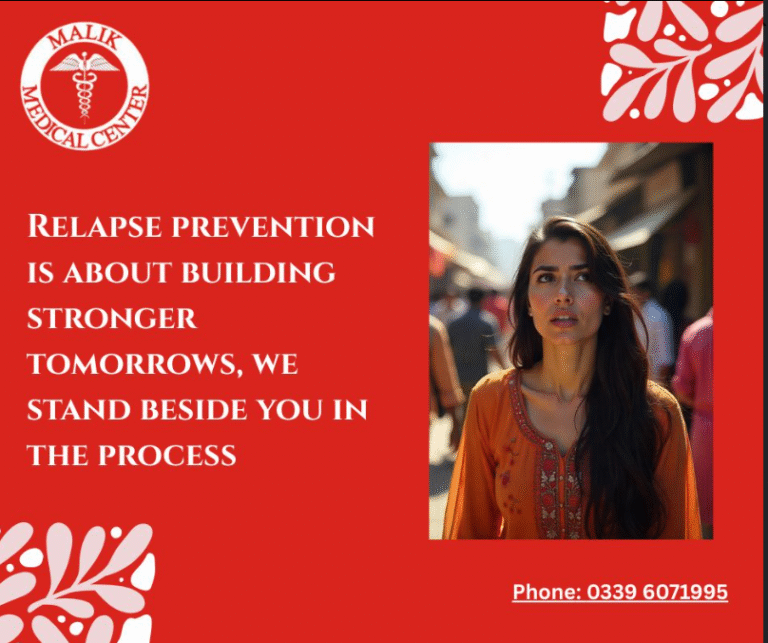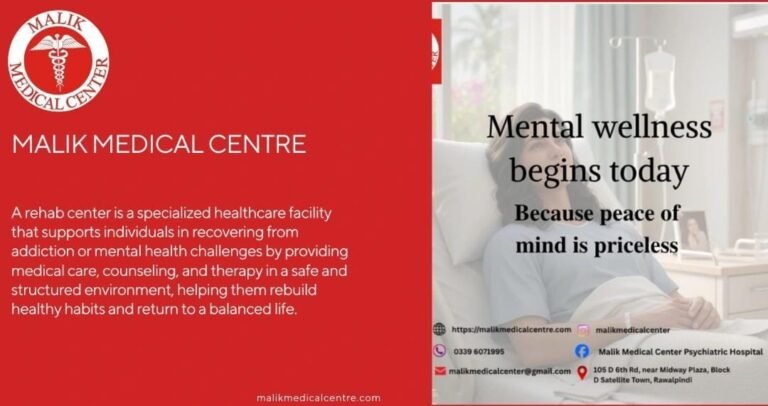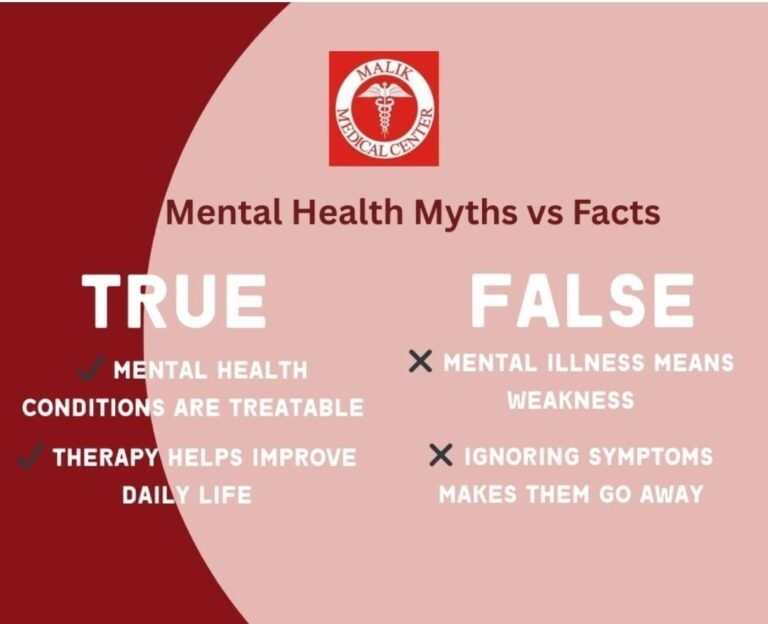Anxiety disorders treatment: A Complete Guide to Healing Mind and Body
Anxiety is not simply being nervous about an important meeting or exam. To millions of people, anxiety is one of the challenges that they fight daily which influences work, relationships and even physical health. Unattended, it would degenerate into excessive fear, panic attacks and lingering worry which I cannot manage. This is why anxiety disorders treatment makes a transformative impact on the lives of people by restoring the equilibrium, tranquility and harmony in their lives.
In the following guide, we shall be discussing what is the definition of anxiety, the impact of anxiety on the human body and the mind, and what the current treatment methods entail. We will also talk about the importance of early intervention and recovery can become easier with the help of a professional.
Understanding Anxiety Beyond the Surface
Anxiety is a part of every human being, and anxiety disorders are not temporary panic attacks. They are psychological disorders in which fear and nervousness are so strong and constant and disruptive. Individuals can be overthinking their everyday activities, shunning social interactions, or having unceasing anxiety with no apparent explanation.
The physical symptoms of anxiety lead to a reaction in the human body. Some typical symptoms are increased heartbeat rate, sweat, headaches and stomachache. Chronic anxiety without treatment does not only affect mental health adversely, it also staves off the immune system and resilience. This is why the treatment of anxiety disorders is not only a thing to be done in the pursuit of tranquility, but also an investment in future health.
Common Signs That Indicate Anxiety Disorders
Anxiety can be identified and the initial step towards recovery is to identify the symptoms. Though the symptoms can be different, there are a lot of individuals with similar issues:
- Stress or panic which one can hardly manage.
- Apprehension, or incessant impatience.
- The inability to concentrate or recall information.
- Difficulties in sleeping or nightmares.
- Panic attacks which then feel like a heart attack.
At the onset, these symptoms might appear manageable but it takes time before they start disrupting work, relationships and personal well-being. The sooner a person anxiety disorders treatment, the better.
Different Types of Anxiety Disorders
Anxiety does not always present itself as such. To be able to choose a proper treatment method, it is better to get to know the different forms:
- Generalized Anxiety Disorder (GAD): persistent and irrational concern with usual life.
- Panic Disorder: It is sudden experience of a feeling of excessive fear, which is most likely to be accompanied by physical signs.
- Social Anxiety Disorder: The fear of being judged or embarrassed by other people during a social situation.
- Specific Phobias: Uncontrolled fear which is provoked by certain objects or situations.
- Obsessive-Compulsive Disorder (OCD): Unnecessary thoughts and behaviors that are unwanted.
- Post-Traumatic Stress Disorder (PTSD): Fear following the traumatizing events.
different tacks will be necessary to each. This is why, the professional develops anxiety disorders treatment plans based on conditions, its severity and the needs of a patient.
Causes and Risk Factors
Anxiety does not occur suddenly. It can be frequently due to various causes:
- Biological: This is due to an imbalance in the chemicals of the brain and genetics that may predispose certain individuals.
- Environmental: Stressful work, trauma or financial hardships are the most significant contributors.
- Psychological– The negative thinking styles and low self-esteem may be the causes of anxiety.
- Lifestyle: The symptoms can be worsened by lack of sleep, substance abuse or idleness.
Making interpretations of these causes will help in patients and doctors working jointly in the endeavors of setting up effective strategies of anxiety disorders treatment.
Effective Anxiety disorders treatment Options
Modern treatment procedures have blessed thousands of people, thankfully. The best practices are:
- Cognitive Behavioral Therapy (CBT): assists the patients in recognizing and modifying the negative thoughts.
- Medication: Drugs and anti-anxiety medications help to restore brain chemistry.
- Lifestyle Interventions: Exercise, nutritious diet and mindfulness reduce stress.
- Support Systems: Family therapy and groups establish emotional safety nets.
Recovery does not imply that anxiety will never come again, it only means that patients have the instruments to deal with it. Through regular attention, anxiety disorders treatment develops trust and strength.
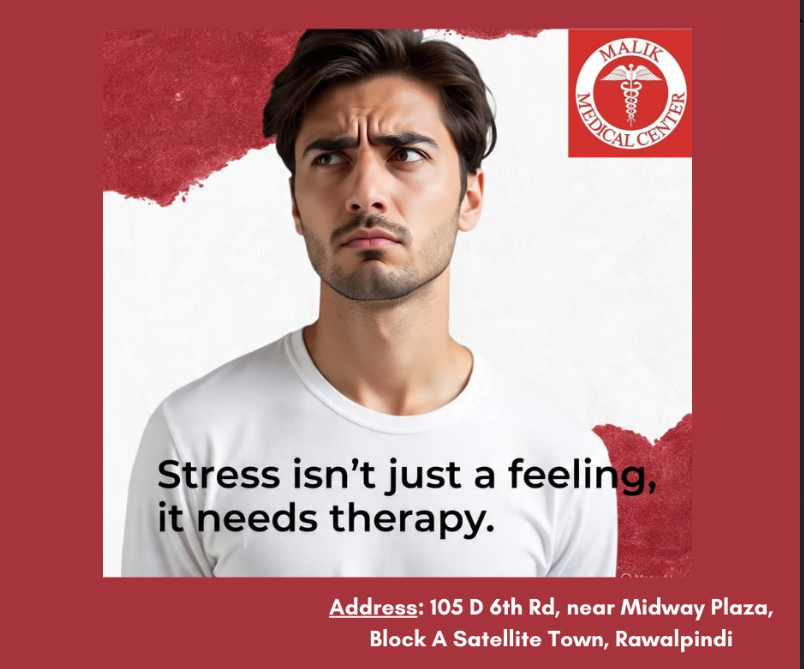
Why Early Intervention Matters
Fear may be aggravated when neglected. What begins as a concern here and there, can escalate into extreme cases of panic attacks or withdrawal. Early Treatment of Anxiety Disorders will ensure that the condition does not become more rooted. Early treatment and care also cause the brain to be more receptive to recovery, whereas late therapy tends to be more elaborate in nature.
The Role of Family in Healing
The recovery does not occur on its own. The family is important in getting patients adhering to treatment plans. Loved ones can help the patient feel less alienated when they are patient and understanding. Conversely, stress may be enhanced when one is criticized or blamed.
The Anxiety disorders treatment involves family as part of it and involves education of the disorder, openness, and supportive home setup. As a result of this balance, healing is a collective experience and not a solitary endeavor.
Lifestyle Adjustments That Make a Difference
Minor daily changes may make a significant difference in decreasing anxiety symptoms:
- Taking long breaths or being mindful.
- Keeping regular sleeping schedules.
These practices are easy, but they support the professional of anxiety disorders treatment and empower the patients to be in control again.
The Link Between Anxiety and Physical Health
Anxiety isn’t just “in the head.” It has numerous effects on the body. The likelihood of heart problems, digestive problems, and even chronic pain are increased by high stress hormones. Anxiety symptoms in untreated patients usually manifest as migraines, fatigue or high blood pressure.
This relationship demonstrates that Treatment of Anxiety Disorders is not something that can be ignored- it is mandatory both in terms of health and psychological being.
Modern Advances in Anxiety disorders treatment
In the past ten years, treatment has been transformed by developing new methods of therapy, including neurofeedback therapy, virtual reality exposure, and digital CBT applications. There is increased accessibility of therapy and personalization as a result of these innovations. In clinics, integration of traditional and modern tools to make comprehensive recovery plans is now becoming a common occurrence. Today, patients more than ever can customize a journey of treatment that best suits them.
Breaking the Stigma Around Anxiety
Social stigma is one of the largest problems the patients have to grapple with. There is a lot of fear of being labelled as weak when one acknowledges that he or she requires help. This stigma usually postpones early Treatment of Anxiety Disorders. In Malik Medical Center, caring is based on awareness and compassion. The center encourages open discussions and emphasizes the recovery stories to establish a community in which treatment seeking is considered a sign of bravery, but not a sign of frailty.
Long-Term Outlook for Patients at Malik Medical Center
Patients are able to live with fulfillment with adequate treatment and support. The relapse can take place, yet it becomes manageable with the assistance of Malik Medical Center as the individual approach may be offered. It has a very positive future prognosis in regard to those who have resolved to treat anxiety disorders. In addition to alleviating symptoms, patients become more resilient and better-skilled in coping as well as enhance their sense of identity and purpose.
Conclusion: Malik Medical Center as a Way of Peace and Direction.
Anxiety can be overwhelming but it does not determine what is going to happen to anyone. Patients gain control, acquire more healthy coping strategies, and reclaim pleasure in life through the individualized care at the Malik Medical Center. Anxiety Disorders Treatment in this case is more than fear management- it creates power, renews hope and an everlasting peace. When you or a loved one are facing a problem of anxiety, then you should be aware that you have a place to find help, healing and the prospects of a better tomorrow at Malik Medical Center.
5 Frequently Asked Questions
What is the optimal therapy to deal with anxiety disorders?
Treatment of Anxiety Disorders is usually most efficient in a combination of therapy, including CBT, with changes in lifestyle and where appropriate, prescription drugs.
When do I know I require anxiety disorders treatment?
When you feel disrupted mentally, affecting your daily routine, relationships or sleep, then you need anxiety disorders treatment that will restore your equilibrium and tranquility.
Are lifestyle changes sufficient in Treating Anxiety Disorders?
The symptoms can be alleviated with the help of healthy sleep, physical activity, and mindfulness, but professional Treatment of Anxiety Disorders is a guarantee of full and permanent recovery.
What is the average Length of Treatment of Anxiety Disorders?
The time can be short; other patients can be cured in several weeks, and others can get the stable outcomes only after several months of regular anxiety disorders treatment.
Does treating anxiety disorders in children and teenagers work as well?
Yeas, there are special anxiety disorder treatment plans that cater to the needs of the youngsters since they possess different emotional and developmental needs.
